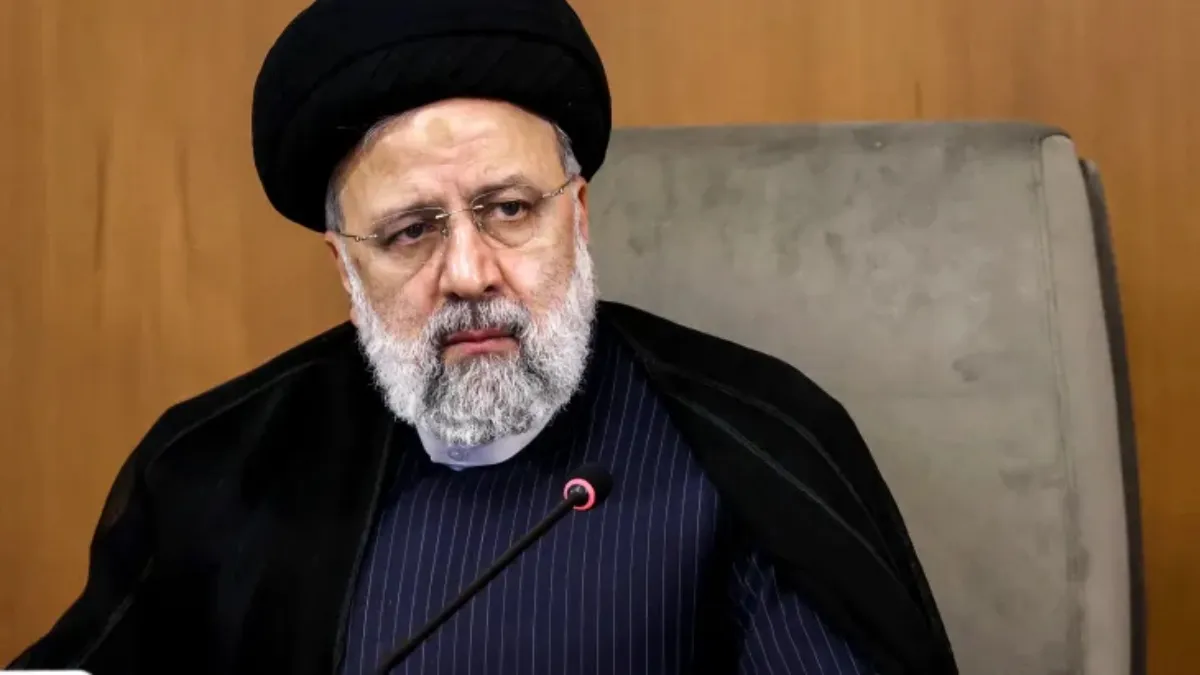The demise of Ebrahim Raisi, former president of Iran, has been met with mixed reactions, reflecting the complex legacy he leaves behind. Before assuming the presidency, Raisi held significant positions within Iran’s judiciary system, including serving as head of the judiciary department for a decade and later as prosecutor general. However, his tenure was marred by allegations of human rights abuses, particularly his involvement in the mass execution of political prisoners in 1988.
During this tumultuous period, Raisi played a pivotal role as the Chief Executioner, overseeing a brutal crackdown on perceived enemies of the regime. The executions were carried out under the guise of combating threats to the Islamic Republic, with Raisi presiding over the Tehran Death Committee, which orchestrated the killings of thousands of individuals accused of opposing the government or espousing leftist ideologies.
The exact death toll from the 1988 massacre remains a subject of contention, with Iranian authorities providing conflicting accounts. While some officials downplay the scale of the atrocities, others, including Raisi himself, have defended the executions as necessary measures to safeguard national security. Despite the lack of consensus on the precise number of victims, the massacre left an indelible mark on Iran’s political landscape, eliciting condemnation from both domestic and international observers.
Raisi’s ascent to the presidency in 2021 was not without controversy, as his past involvement in the 1988 executions resurfaced during his electoral campaign. Audio recordings implicating him in the atrocities further fueled public outcry and cast a shadow over his bid for the highest office in Iran. However, despite these revelations, Raisi ultimately prevailed in the election, assuming the presidency amidst lingering questions about his human rights record.
The implications of Raisi’s presidency extend beyond Iran’s borders, with concerns raised about the country’s foreign policy under his leadership. Iran’s history of hostility towards Israel and support for militant groups like Hamas has long been a source of tension in the region, and Raisi’s presidency has added a new layer of uncertainty to an already volatile geopolitical landscape.
In the aftermath of Raisi’s death, debates over accountability and justice continue to reverberate, with many calling for a reckoning with Iran’s past atrocities. The lack of accountability for those involved in the 1988 massacre underscores the challenges of addressing historical injustices and holding perpetrators accountable in a complex political environment. As Iran navigates the post-Raisi era, the legacy of his presidency and his role in the country’s tumultuous history will continue to shape its trajectory for years to come.


